Description
The instruction for use
of medicine for experts
MONOSAN (MONOSAN)
the Trade name
of the drug Monosang Miezhdongarodnoye the unlicensed name
of Isosorbide mononitrate
the Dosage form
of the Tablet on 20 mg or 40 mg
Structure
active ingredient: one tablet Monosana contains 20 mg or 40 mg of isosorbide-5-mononitrate.
excipients: lactose monohydrate, microcrystalline cellulose, corn starch, talc, magnesium stearate.
The description
of White or almost white color, round, flat, with risky on the one hand.
Pharmacotherapeutic group
Peripheral vazodilatator for treatment of heart diseases, organic nitrates.
Automatic telephone exchange C01DA14 code
the Pharmacological
Pharmacodynamics Possesses properties anti-anginal action which is connected with reduction of need of a myocardium for oxygen due to decrease in preloading (expansion of peripheral veins thanks to which there is a blood delay in the volume course reduces return of blood to heart therefore jamming pressure in a pulmonary artery goes down, the small circle of blood circulation partially unloads and final diastolic pressure in a left ventricle decreases) and afterloads (expansion of arterioles causes decrease in the general peripheric vascular resistance) and also with immediate vazodilatiruyushchy effect on large coronary arteries.
Besides, reduction of preloading causes undervoltage of walls of a left ventricle that leads to increase in a subendocardial and intramural blood-groove: as a result of decrease in final and diastolic and end-systolic pressure in a left ventricle the heart sizes decrease, the exile period is shortened.
Expansion of large epicardial coronary arteries increases intake of the blood enriched with oxygen in the field of ischemia and ischemic damage that can restore viability of the deafened myocardium and limit a necrosis zone: opening of collaterals promotes improvement of perfusion of blood in an ischemic myocardium: perhaps, also direct metabolic action on a myocardium takes place.
Besides, there is an inhibition of aggregation of thrombocytes, decrease in intra platelet synthesis of thromboxane.
The pharmacokinetics
of Izosorbid-5-mononitrat is not exposed to primary metabolic degradation in a liver and has high bioavailability – about 100% therefore there is a communication of a dose with concentration of drug in blood plasma and pharmakodinamichesky action. The maximum concentration in blood after oral administration is reached within an hour. Drug does not contact proteins of plasma. The pharmacokinetics at doses of 10-80 mg has linear character, and, unlike dinitrate isosorbide, is not subject to influence of a liver failure. Individual differences in plasmatic concentration after oral administration are small. Elimination half-life – 4-6 hours. Effective level of isosorbide-5-mononitrate in blood about 100 ng/ml. Drug is metabolized not in a liver, and in kidneys where isosorbide and two glucuronides which elimination half-life makes respectively 8 and 6 hours is formed pharmacological inactive.
Renal clearance of drug of 1.8 l/min.
Indications
– prevention of attacks of stenocardia at patients with coronary heart disease
– chronic heart failure (as a part of combination therapy)
– pulmonary hypertensia
– portal hypertensia (as a part of combination therapy)
the Route of administration and doses
establish the Dose of drug and frequency rate of reception individually depending on disease severity. Begin with minimum effective dosages 10-20 mg on 1-3 times a day. Depending on expressiveness of clinical effect from 3-5 in the afternoon therapy can increase a single dose of drug to 40-60 mg (in special cases up to 80 mg) at the same frequency rate of reception. Tablets should be swallowed entirely, washing down with a small amount of liquid.
Side effects
– a headache, the dizziness, sonitus raised intracranial pressure, change of speed of mental reactions, the general weakness, fatigue, increase in intraocular pressure
– dryness in a mouth, nausea, is rare – vomiting
– hypotension, orthostatic collapse, tachycardia, bradycardia, erubescence of the person
– a methemoglobinemia, perhaps false decrease in cholesterol.
Contraindications
– allergic reactions to nitrates
– the arterial hypotension and a nekorregirovanny hypovolemia caused by big loss of liquid in diarrhea, vomiting, blood loss (systolic pressure is lower than 100 mm Hg., diastolic pressure is lower than 60 mm Hg., the central venous pressure is lower than 4-5 mm Hg.)
– shock
– the acute and recently postponed myocardial infarction
– a cardiac tamponade
– chronic cardial compression
– inadequate cerebral perfusion
– the diseases which are followed by increase in intracranial pressure (including a hemorrhagic stroke, a craniocereberal injury)
– closed-angle glaucoma
– the raised digestive tract vermicular movement
– a sprue
– a lactation (breastfeeding)
– children’s and teenage age up to 18 years.
Medicinal interactions
At combined use Monosang increases concentration of dihydroergotamine in blood plasma. At the combined use the barbiturates accelerate biotransformation and reduce concentration of isosorbide of mononitrate in blood plasma. At combined use of isosorbide of mononitrate with antihypertensive drugs, peripheral vazodilatator, antipsychotic means (neuroleptics), tricyclic antidepressants, novokainamidy, ethanol, quinidine, beta blockers, blockers of slow calcium channels, dihydroergotamine, sildenafily strengthening of hypotensive effect is possible. At a combination of Amiodaronum, propranolol, blockers of slow calcium channels (verapamil, nifedipine, etc.), acetylsalicylic acid and isosorbide of mononitrate strengthening of anti-anginal effect is possible. At combined use with a beta adrenostimulyatorami, alpha adrenoblockers the decrease in expressiveness of anti-anginal effect (development of tachycardia, excessive lowering of arterial pressure) is possible. At the combined use about m-holinoblokatorami (atropine) the probability of increase in intraocular pressure increases. At a concomitant use the adsorbents knitting and enveloping means reduce mononitrate isosorbide absorption from digestive tract.
Special instructions
during therapy the control of arterial blood pressure and heart rate is necessary.
In case of need to use drug against the background of arterial hypotension it is necessary to enter at the same time the medicines having positive inotropic effect or to apply means artificial circulatory support. Frequent appointment and high doses can cause development of tolerance, in this case cancellation on 24-48 h is recommended or after 3-6 weeks of regular reception to take a break for 3-5 days, replacing with this time isosorbide mononitrate with other anti-anginal medicines. It is necessary to avoid sharp drug withdrawal (to reduce a dose gradually). During treatment it is necessary to be careful during the driving of motor transport and occupation other potentially dangerous types of activity demanding the increased concentration of attention and speed of psychomotor reactions.
The drug is not taken for stopping of attacks of stenocardia. With care appoint the patient with disturbances of cerebral circulation, with the increased intracranial pressure, a closed-angle form of glaucoma. Use during the periods of pregnancy and a lactation is possible in cases when the expected advantage for mother exceeds probable negative impact on a fruit or the child.
Overdose
Symptoms: headache, dizziness, tachycardia, hyperthermia, dermahemia, perspiration, nausea, vomiting, diarrhea, methemoglobinemia (cyanosis, anoxia), hyperpnea, dispnoe, bradycardia, spasms, visual disorders, increase in intracranial pressure, collapse, faint, paralysis, coma.
Treatment: gastric lavage, in a methemoglobinemia – inside or intravenously ascorbic acid of 1 g, intravenously – 1% solution a chloride metiltioniniya (methylene blue) in a dose of 1-2 mg/kg of body weight. Symptomatic therapy in heavy arterial hypotension – intravenously Phenylephrinum (epinephrine and related to it connections are ineffective).
A form of release
of the Tablet on 20 mg or 40 mg, in packing of 30 tablets.
To Store storage conditions at a temperature from 15 ° to 25 °C in dry and protected from light, the place, inaccessible for children.
The expiration date
4 years, drug should not be used after expiry date.
Prescription status
According to the prescription.
Name and address
of manufacturer PRO.MED.CS Praha a.s.
To develop Telcska 1, 140 00 Praha 4
Additional information
| Ingredient |
|---|

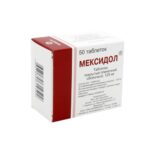
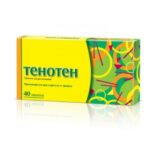
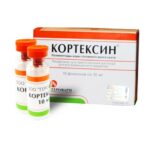
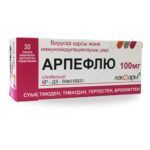
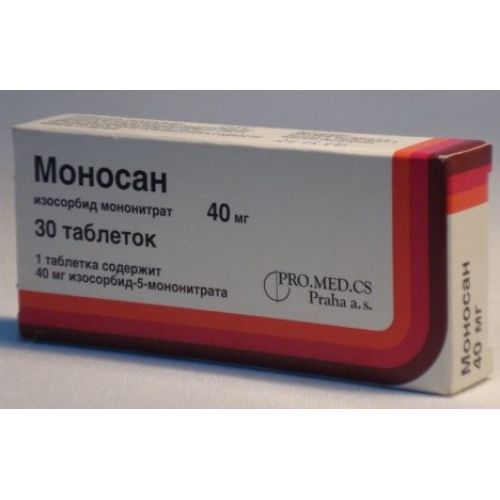
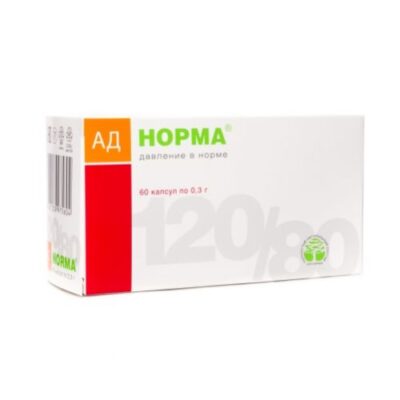
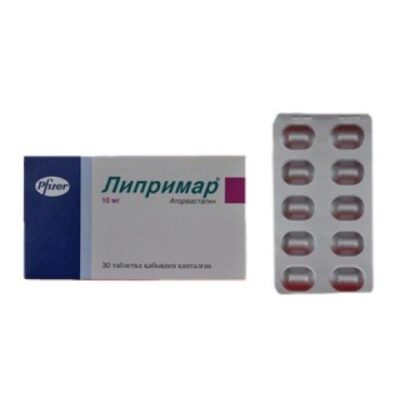
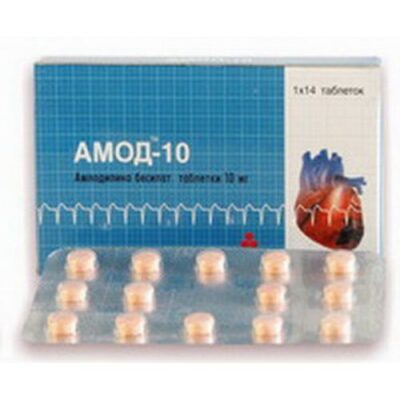
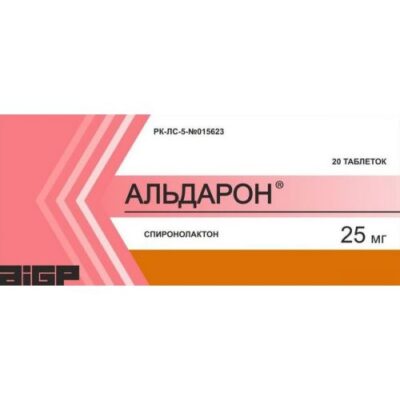
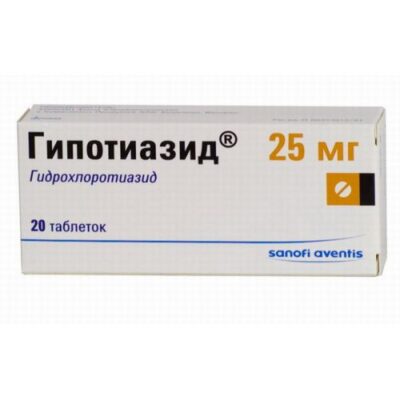
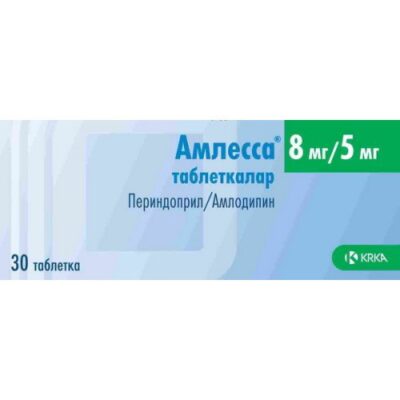
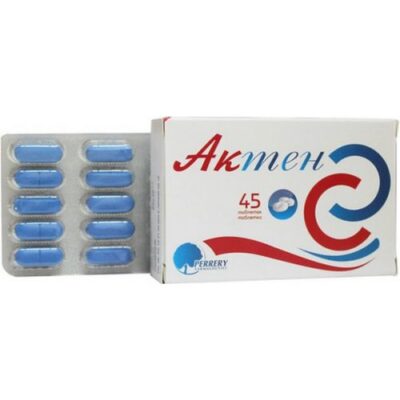
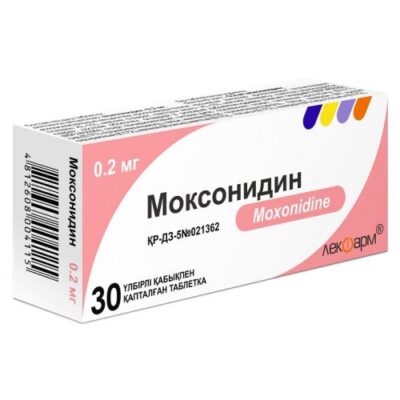
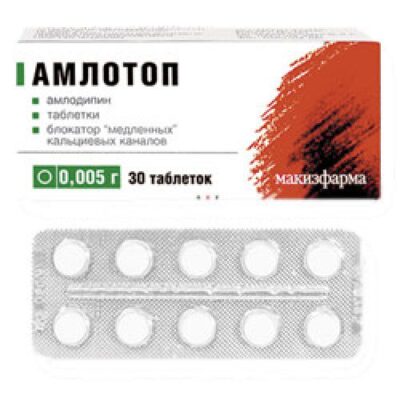
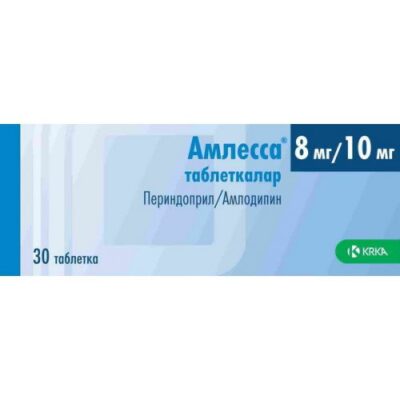






Reviews
There are no reviews yet.